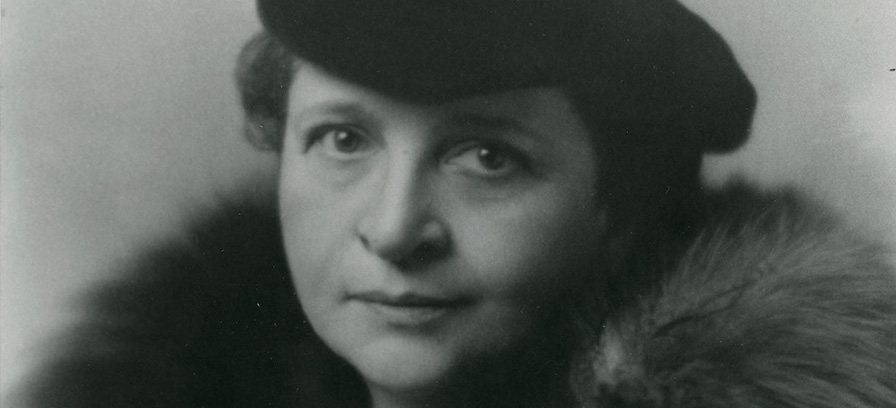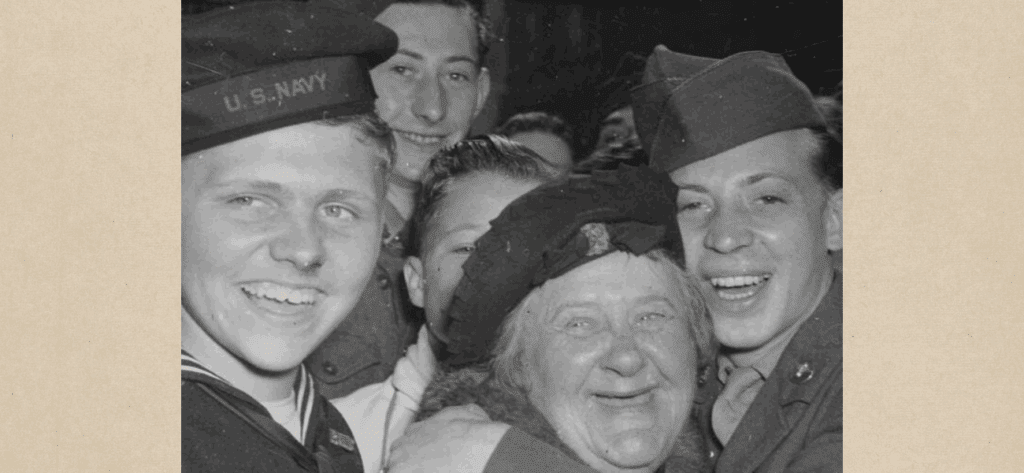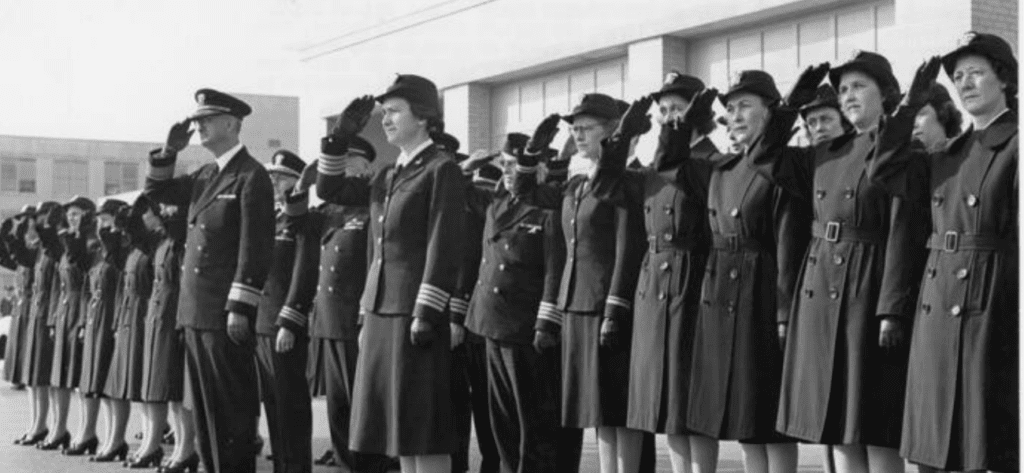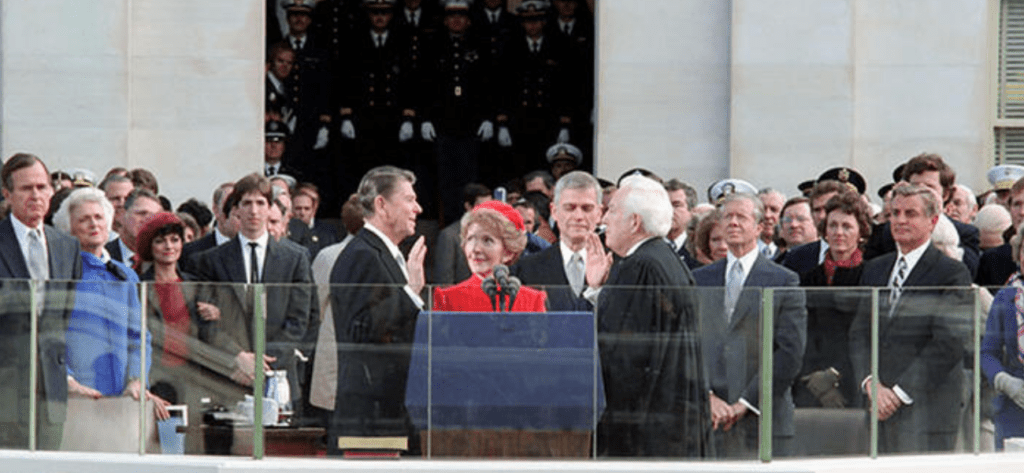Frances Perkins: Champion of Workers’ Rights
Thursday, February 29, 2024 – Monday, April 15, 2024
East Rotunda Gallery

“I came to Washington to work for God, FDR, and the millions of forgotten plain common workingmen.” —Frances Perkins
Chances are you benefit from the legacy of Frances Perkins, one of U.S. history’s most consequential figures. As Secretary of Labor from 1933 to 1945, she was the main architect of the New Deal, securing retirement, disability, and unemployment benefits still in effect today. Her life’s mission, however, was set decades before. “The New Deal began on March 25th, 1911,” Perkins said. “The day that the Triangle factory burned.” Living in New York City at the time, Perkins watched in horror as garment workers jumped to their deaths. The doors of the crowded factory had been locked to prevent workers from taking breaks. In all, 146 people died in the calamity.\

Nomination of Frances Perkins as Secretary of Labor, March 4, 1933
National Archives, Records of the U.S. Senate
An Ambitious To-Do List
According to the Frances Perkins Center, she made it clear to President Franklin D. Roosevelt that she would only accept his appointment if he supported her goals: “a 40-hour work week, a minimum wage, unemployment compensation, worker’s compensation, abolish child labor, direct federal aid to the states for unemployment relief, Social Security, a revitalized federal employment service, and universal health insurance.” When she finished her term, she had checked all but health insurance off her list.
For more information, click here.




